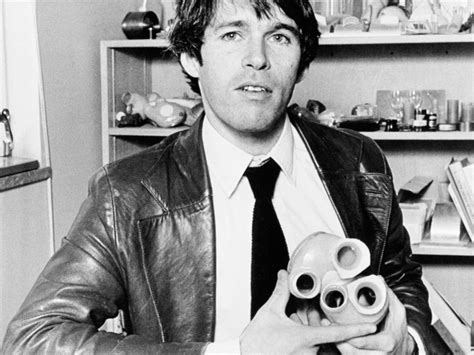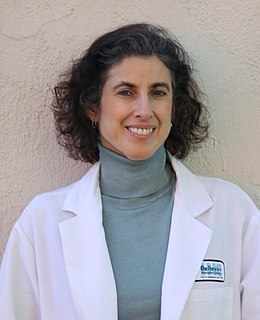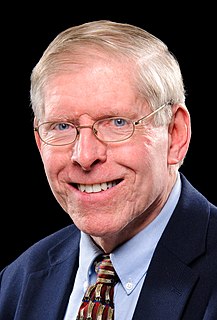A Quote by Severo Ochoa
I treated as few patients as I could as a medical student, and I never practiced medicine.
Related Quotes
Medical knowledge and technical savvy are biodegradable. The sort of medicine that was practiced in Boston or New York or Atlanta fifty years ago would be as strange to a medical student or intern today as the ceremonial dance of a !Kung San tribe would seem to a rock festival audience in Hackensack.
I was a writer first, and knew I'd be a storyteller at age seven. But since my parents are very practical, they urged me to go into a profession that would be far more secure so I went to medical school. But after practicing medicine for a few years, while raising two sons (with a husband who was also a doctor) I realized that combining medicine with motherhood was more of a challenge than I could handle. So I left medicine and stayed home. And that's when I once again picked up the pen and began to write.
Sandeep Jauhar specializes in peeling back the veneer, revealing the discomfiting truths of today’s medical world. He is unafraid to dig deeply and honestly, both within himself and within the medical profession. Doctored raises critical questions that twenty-first-century medicine must answer if it is to meet the needs of its patients as well as of its practitioners.
Homoeopathic treatment is my first choice not only for me but also for my family. Homoeopathy should be developed as full- fledged alternative system of medicine. More research and more development are essential to make Homoeopathy more popular and useful Homoeopath treats their patients in more compassionate way. Homoeopathy is second largest system of medicine being practiced in India.
In all our academies we attempt far too much. ... In earlier times lectures were delivered upon chemistry and botany as branches of medicine, and the medical student learned enough of them. Now, however, chemistry and botany are become sciences of themselves, incapable of comprehension by a hasty survey, and each demanding the study of a whole life, yet we expect the medical student to understand them. He who is prudent, accordingly declines all distracting claims upon his time, and limits himself to a single branch and becomes expert in one thing.




































